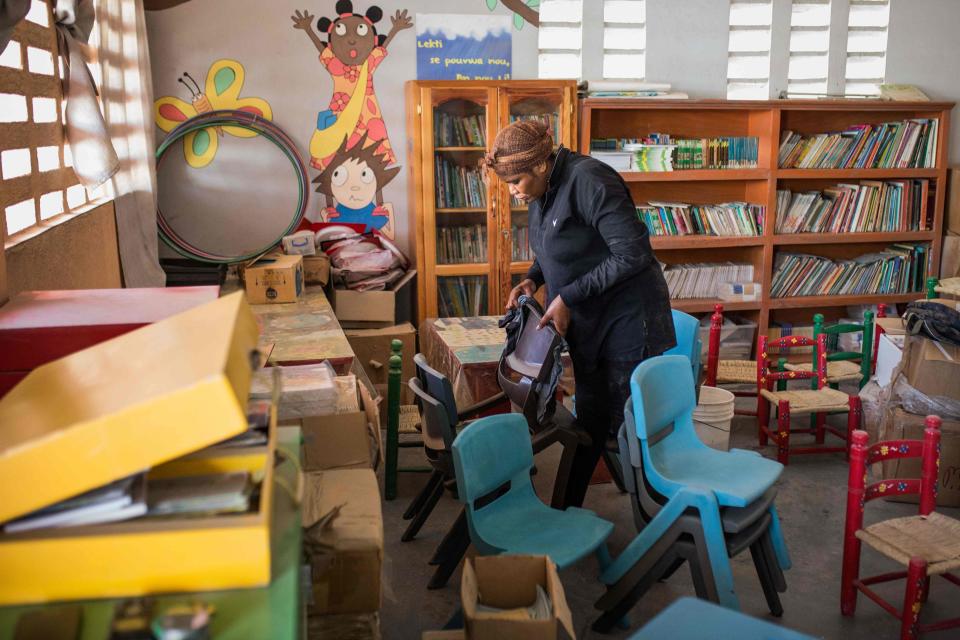COVID-19 has devastated Americans' mental health. Here's a simple way all of us can help.
Even without a pandemic, suicide rates are difficult to track with precision. But early indicators suggest that the problem has worsened — especially among the elderly — as we struggle with COVID-19 and its economic and social consequences.
Suicides in America have steadily increased, by about 1,000 a year, since 2003. Before the pandemic, the nation’s suicide rate already had reached the highest level since World War II.
And with lock downs and social distancing often leading to social isolation, the mental health effects of the pandemic have been severe. An alarming Centers for Disease Control study released this month found that 40% percent of American adults said they had struggled with mental health or substance abuse in June.
"Younger adults, racial/ethnic minorities, essential workers and unpaid adult caregivers reported having experienced disproportionately worse mental health outcomes, increased substance use and elevated suicidal ideation," the study said.

We each have a role in preventing this epidemic loss of life. We need a national commitment to become, as Pope Francis phrased it, “artisans of the common good.”
Artisans make the most of life’s every day junctures by celebrating the value of those they meet, whether or not a person can do something to benefit them in return and regardless of whether they are family or friend.
Small acts make a difference
A 2001 study by Jane Dutton, an organizational psychologist at the University of Michigan, demonstrated how small interactions can have a significant impact on how people value themselves.
Dutton interviewed janitors, who are often overlooked and disrespected, at a hospital in the Midwest. She found that even brief negative interactions — such as giving a command without a “please,” or ignoring these essential workers entirely — made the janitors feel unappreciated. They also felt that their lives were less valuable.
Conversely, small acts of consideration improved the janitors' self image. “They look at you like a person, you know?” said one janitor at the recollection of patients who greeted him as he entered a room.
In "The Power of Meaning," author Emily Esfahani Smith reflected on Dutton's study: “The beauty of a high-quality connection is that you don’t have to overhaul the culture at your workplace to create meaning. Anyone, in any position, can… We can say hello to a stranger on the street rather than avert our eyes. We can choose to value people rather than devalue them.”
Make life easier for others
At a time when so many of our interactions are mediated by distance and technology, it's essential that we find ways to humanize one another. The daily effort we make to ensure others feel valued can save lives.
“Vanity of vanities, all is vanity,” voiced the Preacher of Ecclesiastes. “The mass of men lead lives of quiet desperation,” claimed Thoreau. “One must imagine Sisyphus happy,” wrote Albert Camus on the futility of human existence.
Much of life is suffering — in a pandemic or not. But sometimes we make it harder on ourselves and one another than it needs to be. Our everyday interactions are opportunities to celebrate the inherent value that all people possess.
Everything we do and say is a chance to affirm someone’s dignity and to infuse their life with light.
Alexandra Hudson is a Novak Fellow and a Young Voices contributor. Follow her on Twitter: @LexiOHudson
You can read diverse opinions from our Board of Contributors and other writers on the Opinion front page, on Twitter @usatodayopinion and in our daily Opinion newsletter. To respond to a column, submit a comment to letters@usatoday.com.
This article originally appeared on USA TODAY: COVID-19 is devastating Americans' mental health; here's how to help

